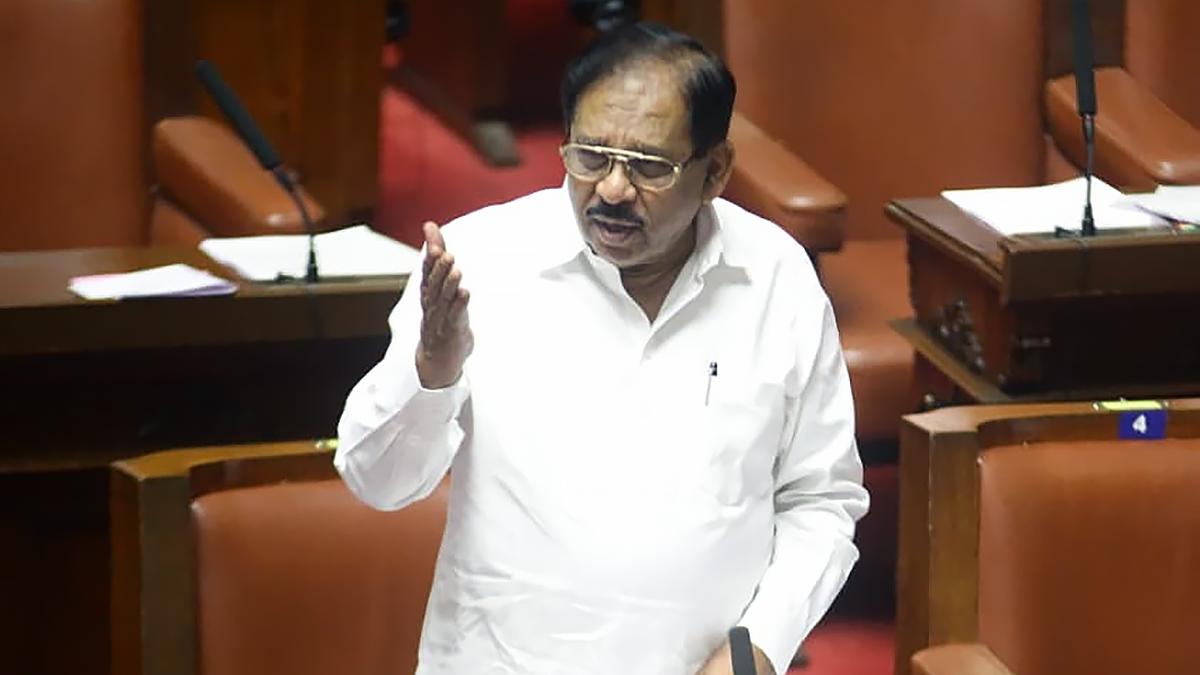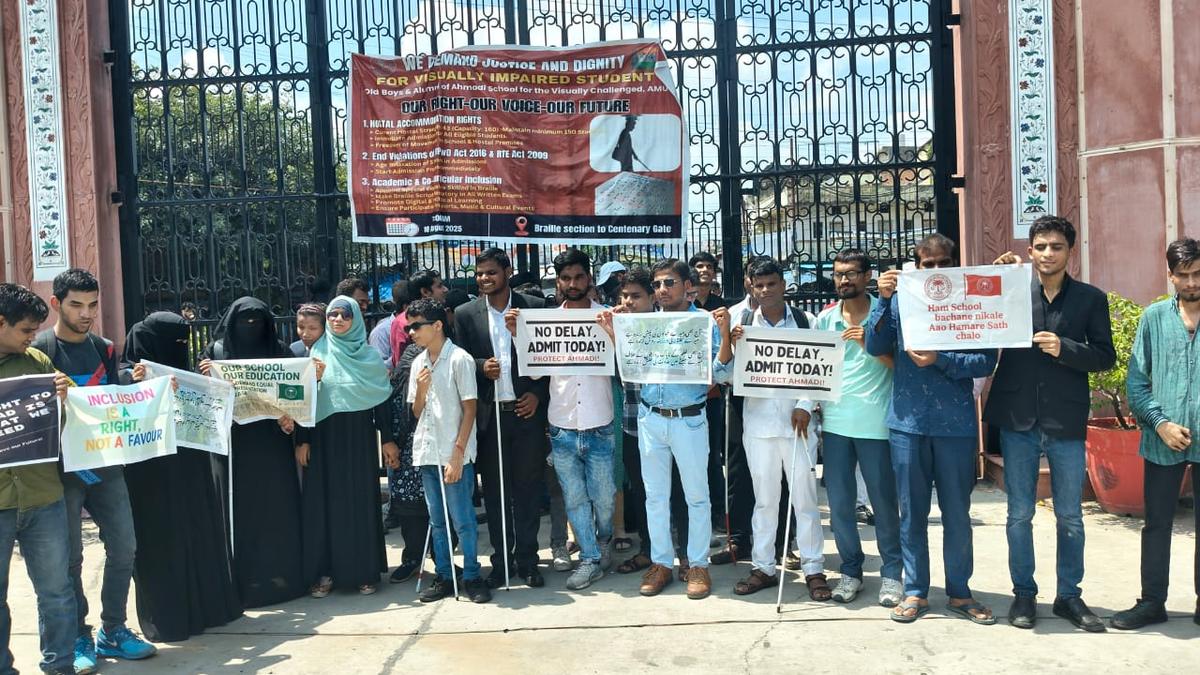Now Reading: Karnataka Crowd Control Bill Sent to Panel Amid Opposition’s Clarity Demand on Event Rules
-
01
Karnataka Crowd Control Bill Sent to Panel Amid Opposition’s Clarity Demand on Event Rules
Karnataka Crowd Control Bill Sent to Panel Amid Opposition’s Clarity Demand on Event Rules

Fast Summary
- The Karnataka Crowd Control Bill, 2025, drafted in response to the stampede during RCB celebrations on June 4 at M. Chinnaswamy Stadium, was introduced in the Legislative Assembly and referred to a House committee on August 21.
- The Bill proposes strict regulations for crowd management at public events where more than 7,000 people gather. Event organisers must secure police permissions and execute a ₹1 crore indemnity bond.
- Non-compliance could result in imprisonment (3-7 years), penalties up to ₹1 crore, or both. Offenses are designated as cognizable and non-bailable.
- Home Minister G. Parameshwara emphasized exemptions for family functions,religious events (including mass marriages),government programs,and university campus protests.
- Opposition leaders criticized the bill as “draconian,” expressing concerns about its impact on political protests and non-commercial gatherings like festivals or farmers’ movements.
- Amendments were proposed by the Home Minister: reducing required advance notice from 10 days to five; removing the indemnity bond requirement for religious events; however, no consensus was reached during discussions.
- The Karnataka Land Revenue (Second) Amendment Bill related to Jamma Bane lands in Kodagu was also referred to a House committee.
Indian Opinion Analysis
The Karnataka Crowd Control Bill reflects an effort by authorities to address safety concerns stemming from large public gatherings after recent tragedies like the stadium stampede. On one hand, it introduces accountability measures that could enhance event safety while exempting private ceremonies and certain traditional or academic contexts. Conversely, criticism from opposition members highlights potential overreach-especially regarding political protests-which are frequently enough spontaneous.
Balancing commercial event regulation with protections for cultural practices represents intricate legislative work given India’s diverse socio-political landscape. A key concern raised is how broadly these regulations can be interpreted by law enforcement agencies-for instance,whether mismanagement at religious sites would unfairly shift blame onto organizers if disruptions are externally caused.
The formation of a House committee suggests room for refinement of controversial aspects of this legislation before adoption. Its eventual implementation will likely serve as precedent-setting governance over large gatherings nationwide.

























